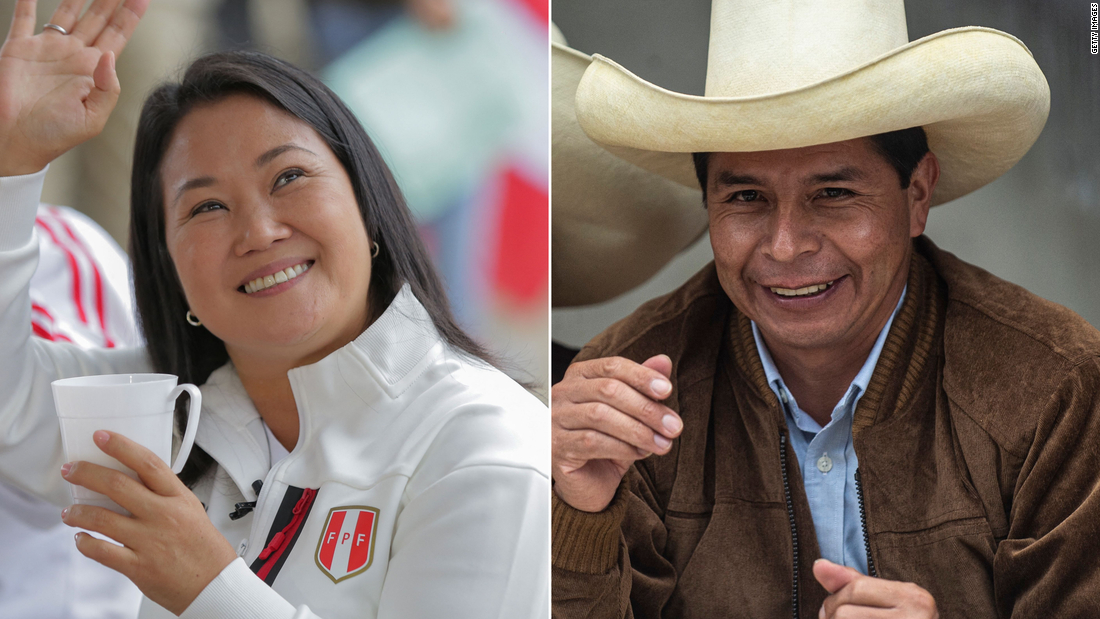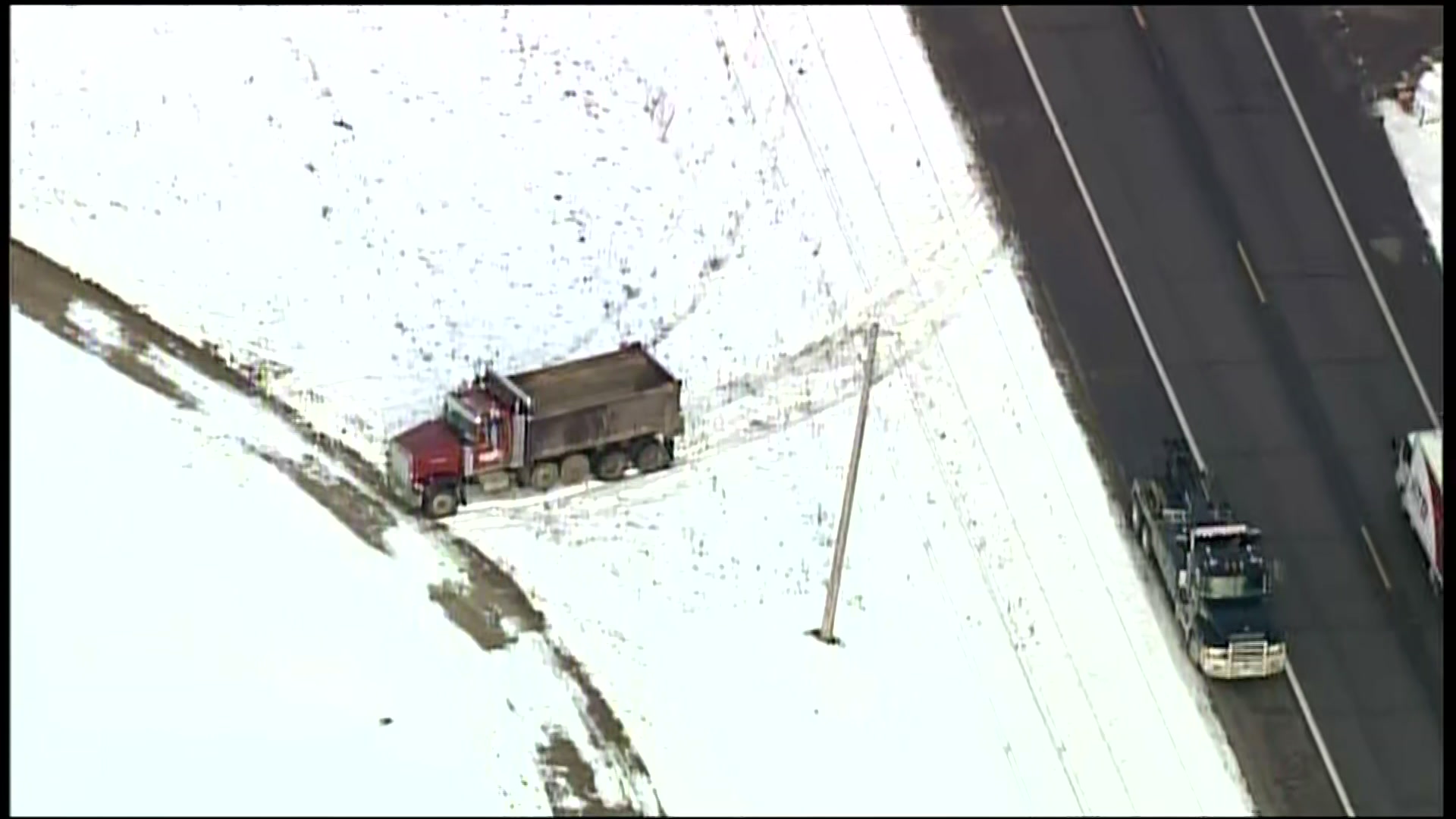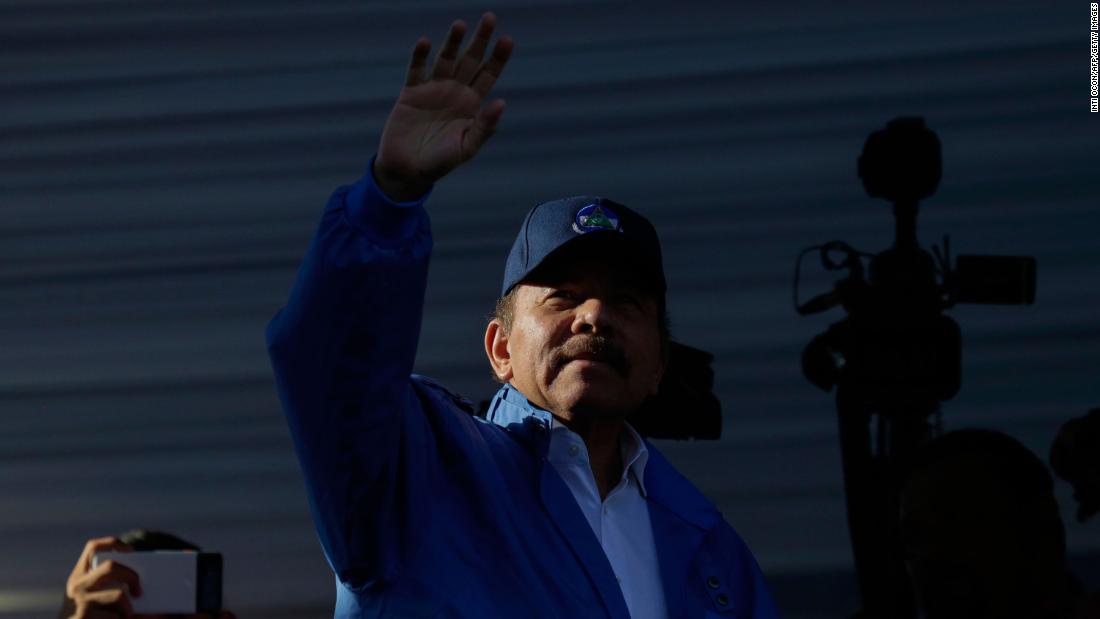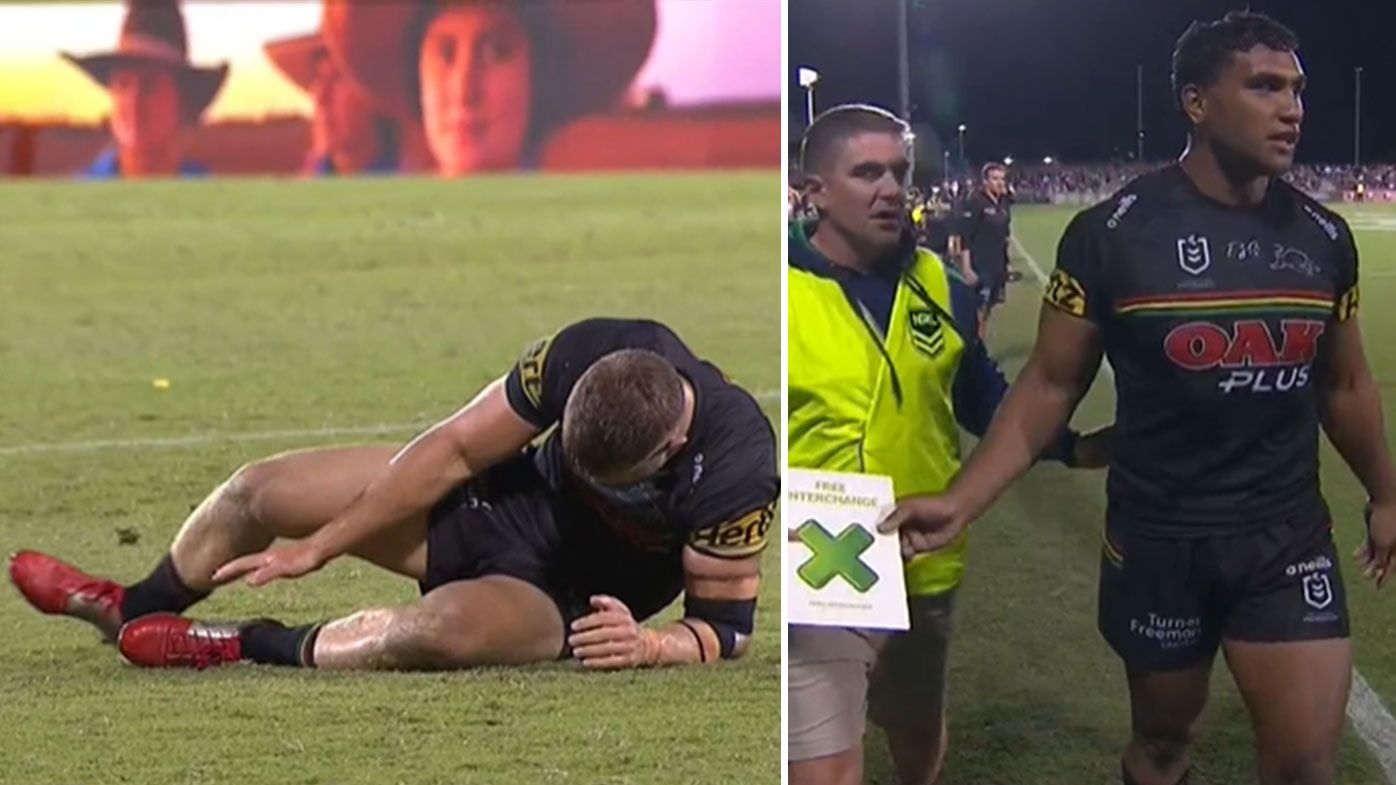Peru's presidential election is just too close to call
Peru's presidential election is going to the wire with authorities in the Latin American country yet to declare a winner in a tightly contested battle between a political newcomer and his conservative opponent.


Lima, Peru (CNN)Peru's presidential election is going to the wire with authorities in the Latin American country yet to declare a winner in a tightly contested battle between a political newcomer and his conservative opponent.
With all polling station records processed, data from the Peruvian electoral authority, ONPE, on Thursday evening showed left-wing populist candidate Pedro Castillo had won 50.179% of the vote. His right-wing rival Keiko Fujimori received 49.821%. The two were separated by fewer than 63,000 votes.
Turnout was little over 74%. Peru has a population of about 33 million.
Peruvians headed to the polls at a time of extreme political instability. The incumbent president, Francisco Sagasti, holds the post on an interim basis. He became Peru's fourth president in less than five years after Congress voted to oust popular former leader Martin Vizcarra and Vizcarra's replacement, Manuel Merino, resigned.
Castillo, a rural school teacher who has never held public office, campaigned on a promise to grant states greater control over markets and natural resources as part of a plan to bring the benefits of economic growth to Peru's poorest, while attempting to head off warnings that his policies will turn the country into an economic basket case like Venezuela.
Fujimori sought to convince voters that Peru's existing economic and political system needs tweaking, not overhauling -- and that her presidency won't mean more of the corruption and human rights abuse claims that characterized her father Alberto Fujimori's rule from 1990-2000.
It will likely take several more days before a winner is declared. ONPE chief Piero Corvetto said Thursday authorities still have to compute the results from polling stations where results have been challenged and are under review by the special election judges.

Once the judges clear the challenges, the country's National Jury of Election (JNE), needs to give a final approval to the count.
According to Peruvian law, a winner can only be declared after the JNE has revised all vote counts and resolved any complaints by electoral monitors. There is no vote recount in Peru's electoral system. JNE President Jorge Luis Salas said in an interview with local radio that results could come this month, but the massive amount of nullification requests could slow the process.
In the 2016 elections, he said, there were only 29 requests for nullification. This time around, Fujimori asked officials to nullify the results from 802 polling station that, according to her team's estimates, account for about 200,000 votes
A judge rejected that request Thursday, but Fujimori can appeal. Also on Thursday, ONPE reported it has submitted to the JNE the proceedings from 512 polling stations where results are being challenged by either or both parties.
Fujimori has been the subject of a corruption investigation since 2018. She has denied the allegations and has not been formally charged.
The lead prosecutor in her case urged a judge to send her to preventive prison on Thursday as votes continued to be counted. Fujimori said the request was unnecessary.
"The prosecutor knows where I live, I'm not going to flee," she said.
If Fujimori wins the election, the investigation into her would be suspended until her mandate ends in 2026, prosecutors in the case have said.
What's Your Reaction?



















